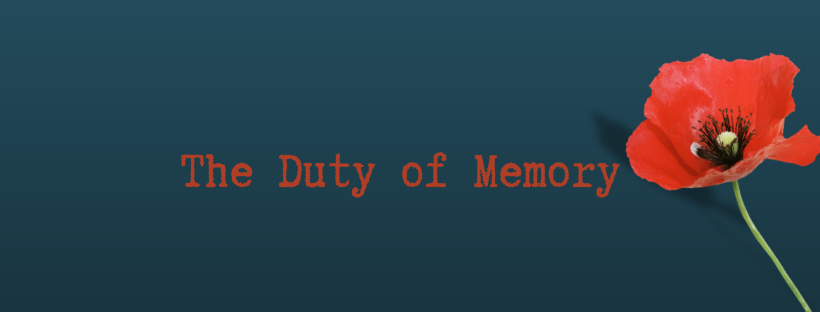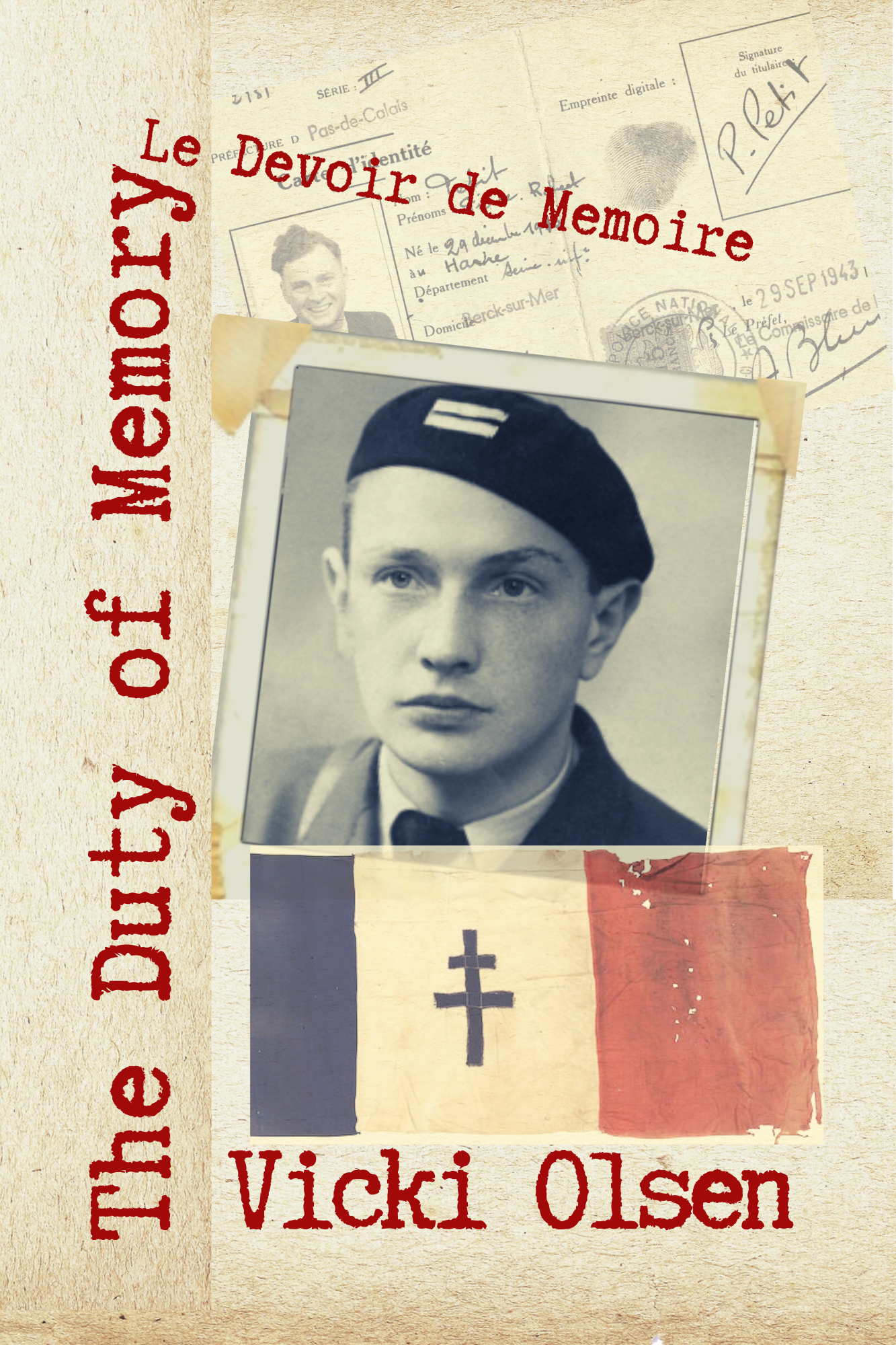
Click picture to hear the Chant des Partisans
(Song of the French Resistance)
Click picture to hear La Marseillaise
(The French National Anthem)
Available in French and in English
For readers who appreciate deeply researched narratives that bring history to life through the lens of human experience, this book is not to be missed.
Vicki Olsen’s The Duty of Memory is a masterful fusion of historical scholarship and narrative storytelling that brings to light a largely overlooked chapter of World War II resistance: the civilian-operated Kummel escape network in Nazi-occupied France. At the heart of this meticulously researched account is a deeply personal thread—Olsen’s own father was one of the Allied airmen saved by these brave French citizens. That intimate connection suffuses the book with a sense of reverence, gratitude, and emotional immediacy that elevates it beyond conventional war histories.
Olsen’s narrative focuses not on famous generals or well-documented resistance leaders, but rather on the everyday people who chose to risk everything. A tailor, a teacher, a café owner, teenagers, mothers, and clergy—all ordinary citizens who, when confronted by the evils of occupation and persecution, chose moral courage over safety. Through archival research, interviews, memoirs, and wartime documents, Olsen reconstructs their lives in striking detail. Each chapter centers on different members of the Kummel network, offering the reader a mosaic of bravery, heartbreak, and solidarity. Rather than relying solely on factual exposition, she paints portraits of these individuals as human beings first: their joys, fears, losses, and quiet acts of resistance.
One of the book’s strengths is how it captures the complexity of wartime decision-making. These were not trained soldiers but civilians navigating impossible choices under the constant threat of betrayal, arrest, and execution. Olsen resists the temptation to romanticize resistance, instead highlighting its messiness and moral ambiguity. In one particularly harrowing section, she recounts how even a moment’s hesitation—or the wrong whisper to the wrong person—could lead to torture or deportation. The tension is visceral, and the stakes never feel abstract. Readers are reminded again and again that heroism is not grandiose but often terrifying and lonely.
While the historical content is rigorous, The Duty of Memory is written with the fluidity of a novel. This stylistic choice may surprise readers expecting a more academic tone, but it allows the emotional truths of the story to emerge with power. Olsen writes with a novelist’s eye for pacing, character, and scene, enabling the reader to inhabit these wartime settings with vivid clarity. Some may find the blend of narrative non-fiction and historical dramatization unconventional, but for many, it will enhance the book’s accessibility and emotional impact.
The book’s central theme—the moral imperative of remembrance—is reinforced not only through its title but through Olsen’s act of writing itself. She doesn’t simply recount facts; she revives memory, ensuring that the lives and choices of the Kummel resistants are not lost to history. In doing so, she asks the reader to grapple with the enduring question: what do we owe to the past, and how do we carry forward its lessons? Her answer is clear: we owe attention, gratitude, and the courage to speak of those who can no longer speak for themselves.
In sum, The Duty of Memory is a powerful, humanizing, and emotionally resonant contribution to World War II literature. Vicki Olsen succeeds in both documenting history and honoring the quiet, often invisible sacrifices that changed the course of individual lives—and perhaps history itself. For readers who appreciate deeply researched narratives that bring history to life through the lens of human experience, this book is not to be missed.
Alex Pearl - author of The Chair Man and Sleeping With The Blackbirds
Awards
Praise for The Duty of Memory
Click on the Poppy to read the reviewDoyenne’s Reviews
GoodReads
"The Duty of Memory" offers an inspiring and meticulously researched account of the French Resistance during World War II. Drawing from personal interviews, eyewitness accounts, and recently released archival material, it brings to light the courageous efforts of ordinary men and women who risked their lives to aid Allied airmen in Nazi-occupied France. The narrative delves into the diverse motivations that led these individuals—from soldiers and secretaries to doctors and teenagers—to join the underground movement, providing readers with a profound understanding of their personal journeys.
Readers have praised the book for its vivid storytelling and emotional depth. One reviewer noted that it is "an amazingly written account" that deeply enhances the reality of the story. Another highlighted it as "a beautifully crafted narrative that celebrates the resilience of the human spirit," reflecting the author's extensive research and heartfelt dedication to the subject matter.
Overall, "The Duty of Memory" stands as a testament to the resilience and bravery of unsung heroes, shedding light on the multifaceted aspects of resistance, honor, and betrayal during one of history's darkest periods.
Amazon Customer Review
THE DUTY OF MEMORY - An excellent history during WWII in France through the eyes of the French people and the soldiers they helped escape the Nazis. The understandings of the French, their thoughts, and their reactions to WWII explains much about the French attitude. General Eisenhower's memoir about his command during WWII is a good source to read with this book. They complement each other, giving a stronger foundation between the two regarding the French. I have read many books on world history, all wars, and world cultures. This is not a rehash of someone else's writing but the written story of a group of people the author knew and listened to for their history pertaining to WWII. The variety of experiences, the variety of the participants, and the bits of historical information included made for an interesting and immersing read for this world history lover.
















